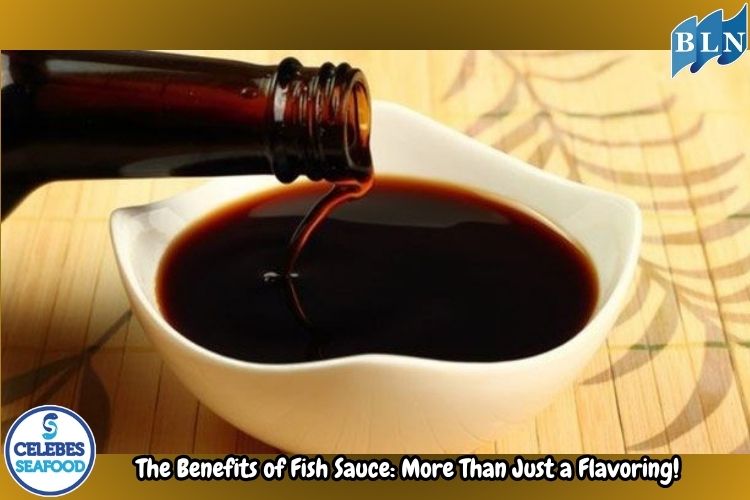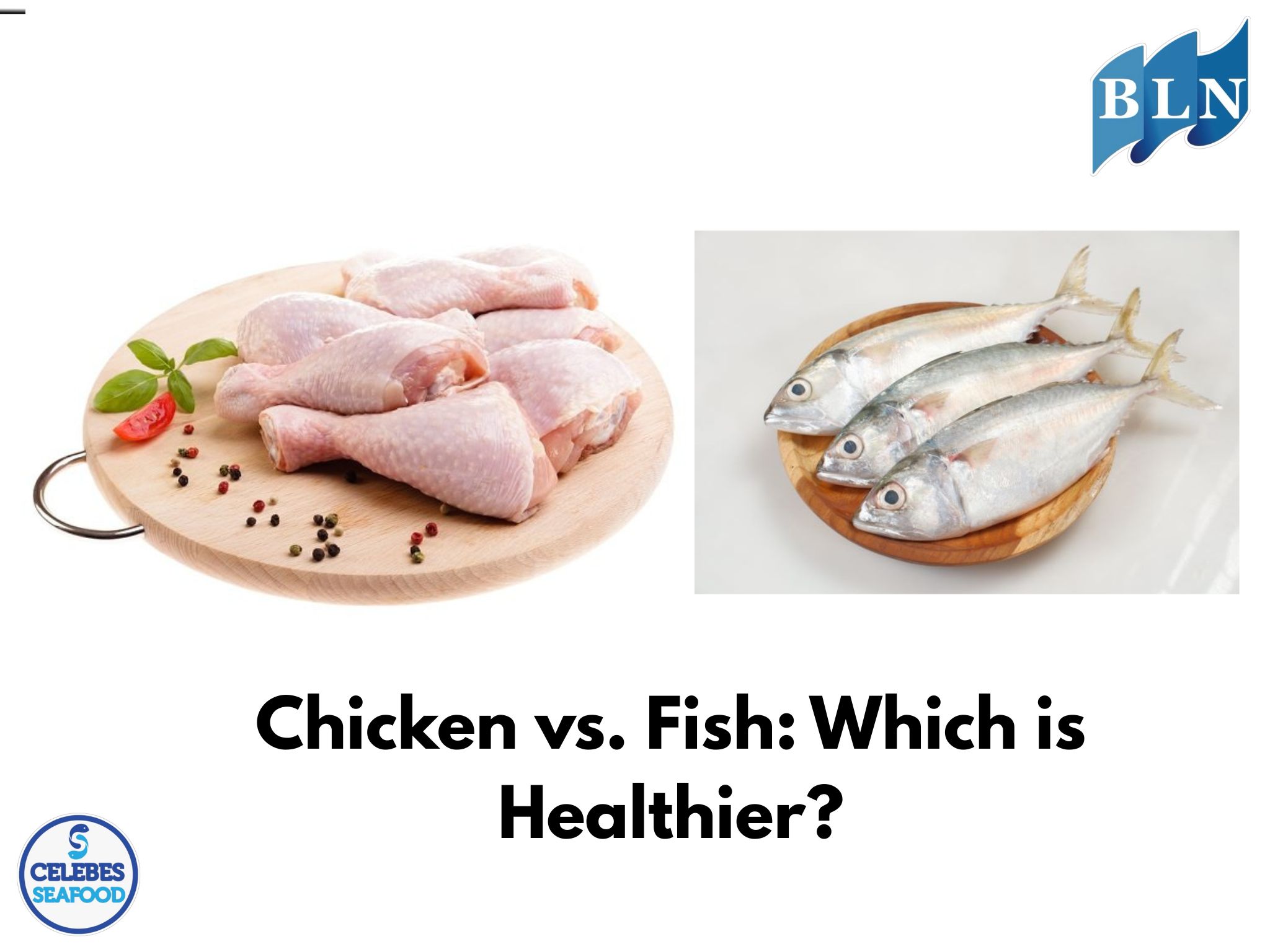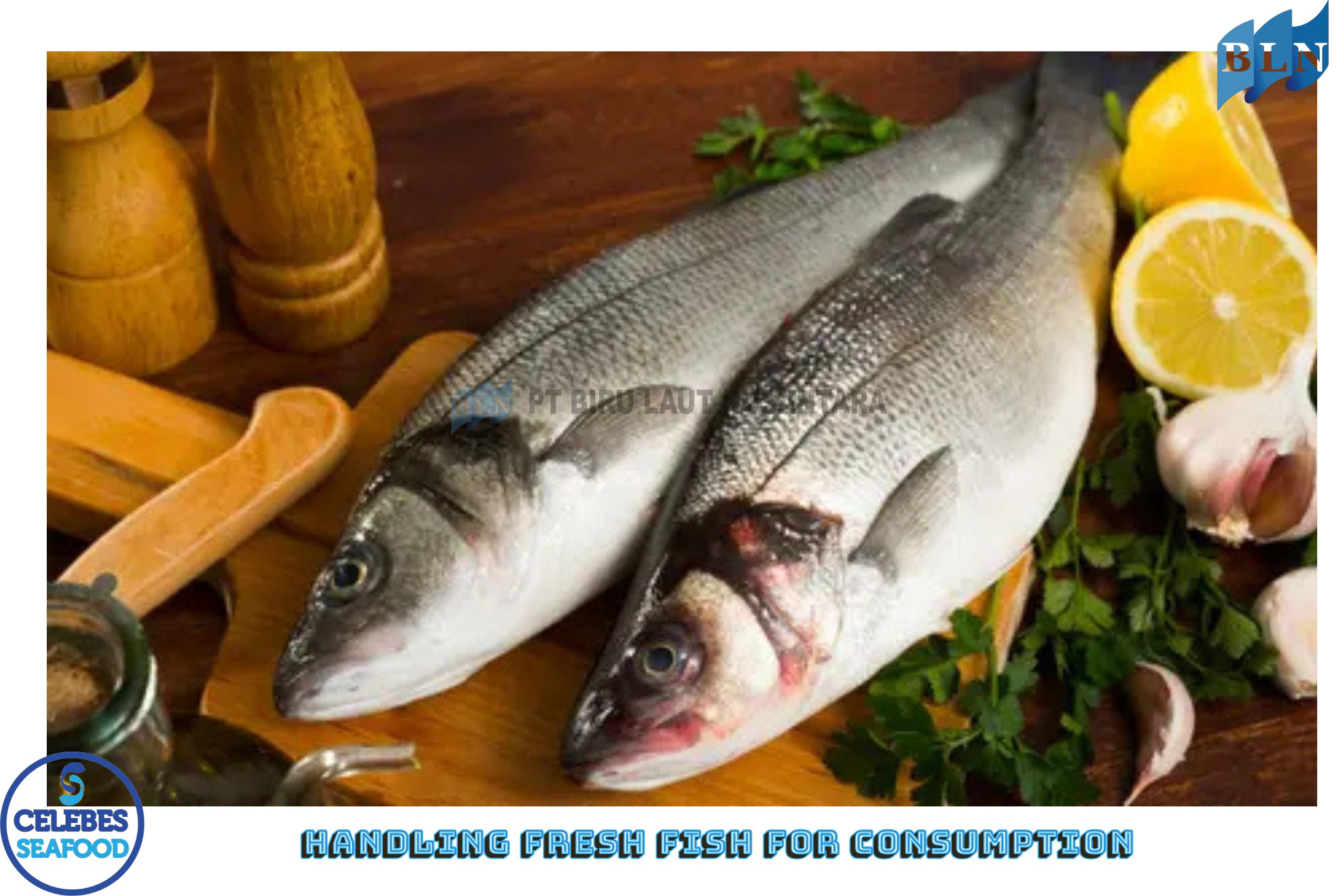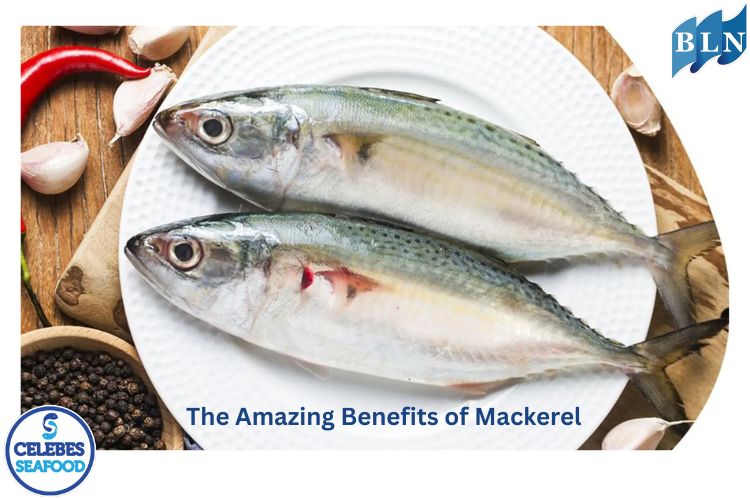Nutritional Content and Benefits of Salmon for a Healthy Diet
By. Tri - 14 Aug 2025
lautnusantaracom.Salmon is one of the most popular types of fish worldwide, known not only for its delicious taste but also for its remarkable health benefits. In recent years, salmon has become increasingly favored as a food choice in healthy diet programs, particularly due to its rich nutritional profile, which includes high-quality protein, omega-3 fatty acids, as well as essential vitamins and minerals. This article discusses the nutritional content of salmon and its health benefits, especially in supporting a healthy eating pattern and diet program.
Nutritional Content of Salmon
Based on USDA (United States Department of Agriculture) data, 100 grams of fresh salmon contains:
-
Energy: ± 208 kcal
-
Protein: ± 20 g
-
Fat: ± 13 g (including polyunsaturated fatty acids)
-
Omega-3 (EPA and DHA): ± 2.3 g
-
Vitamin B12: ± 3.2 µg (133% DV)
-
Vitamin D: ± 10 µg (50% DV)
-
Selenium: ± 36.5 µg (66% DV)
-
Potassium: ± 363 mg
This nutrient combination makes salmon an excellent source of high-quality animal protein as well as healthy fats that are highly beneficial for the body.
Health Benefits of Salmon for a Healthy Diet
-
Supports Heart Health
The high omega-3 fatty acids in salmon help reduce triglyceride levels, lower the risk of blood clot formation, and maintain blood vessel elasticity. Regular consumption of salmon may reduce the risk of heart disease. -
Boosts Brain Function
The DHA (docosahexaenoic acid) in salmon is essential for brain development and function. Omega-3s may also improve memory, focus, and help prevent cognitive decline in older adults. -
Aids Weight Management
Salmon is rich in protein, which helps increase satiety and reduce overall calorie intake without sacrificing nutritional needs—making it supportive of weight loss efforts. -
Maintains Bone and Muscle Health
Vitamin D in salmon helps the body absorb calcium for strong bones, while its protein content supports the maintenance and repair of muscle tissues. -
Improves Skin Quality
Healthy fats in salmon help maintain skin moisture, reduce inflammation, and slow down signs of premature aging.
Tips for Consuming Salmon in a Healthy Diet
-
Choose fresh or high-quality frozen salmon; avoid those with excessive preservatives.
-
Opt for low-oil cooking methods such as grilling, steaming, or poaching to preserve nutrients.
-
Consume 2–3 servings per week, as recommended by the American Heart Association.
-
Pair salmon with vegetables and complex carbohydrates for a balanced meal.
f you are interested in our OCTOPUS WHOLE CLEANED BALL TYPE, OCTOPUS WHOLE CLEANED FLOWER TYPE please do not hesitate to contact us through email and/or whatsapp

.jpg)
.jpg)




